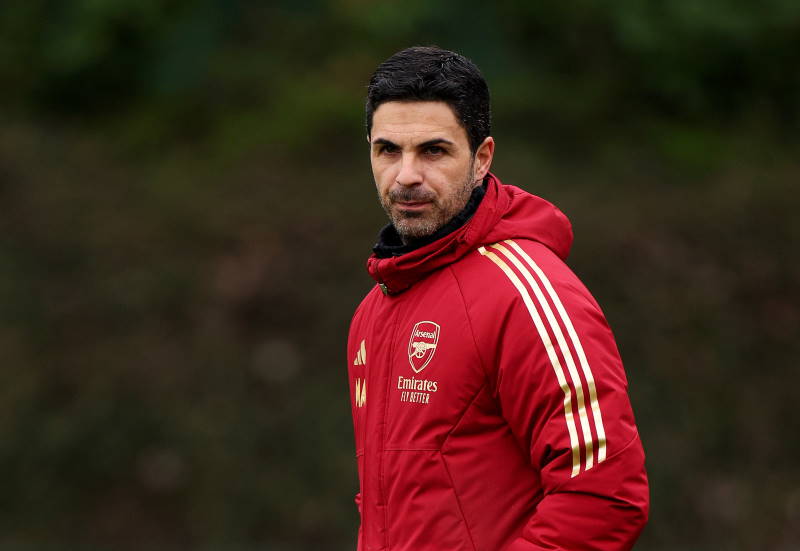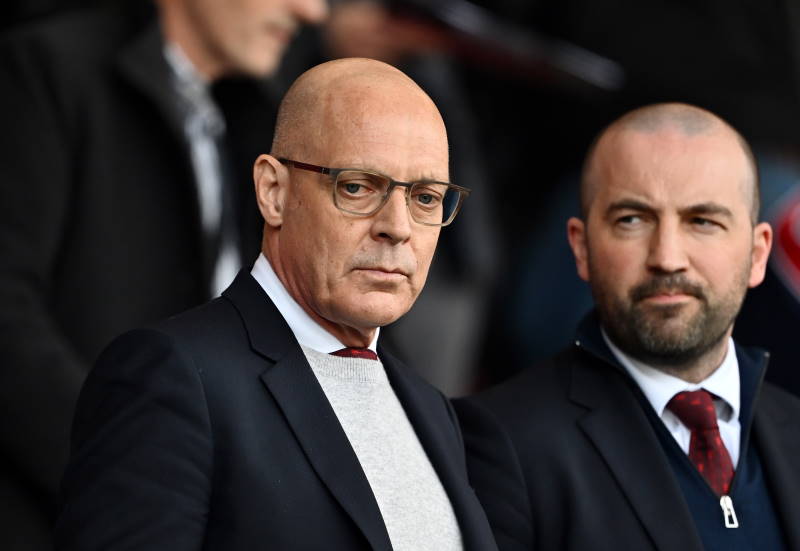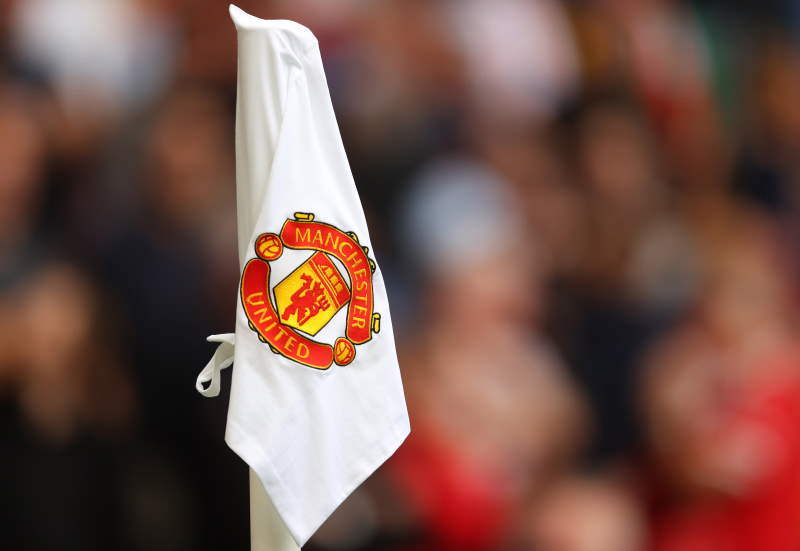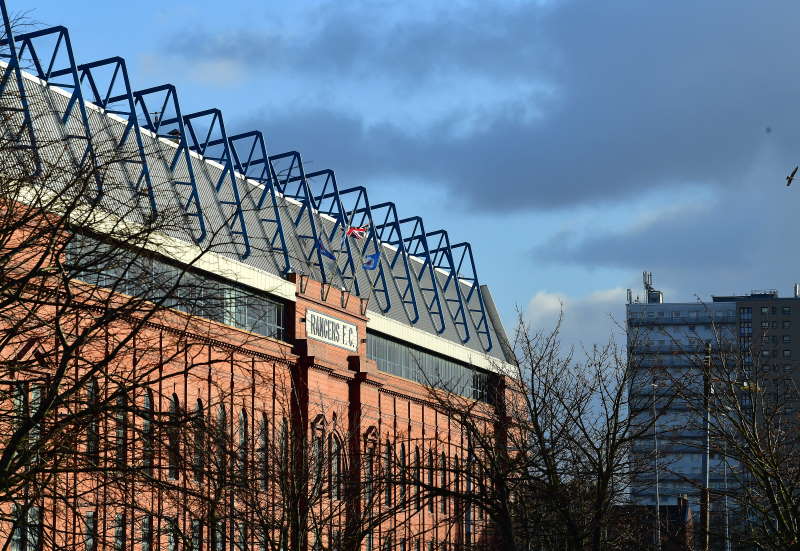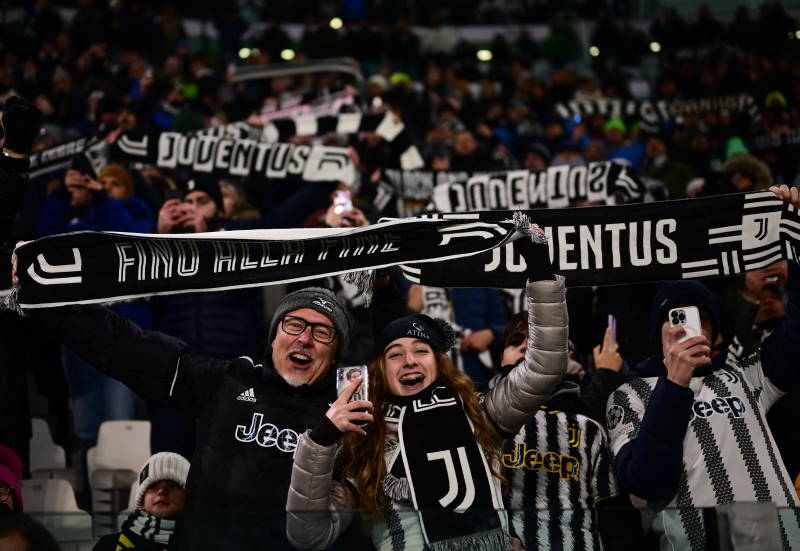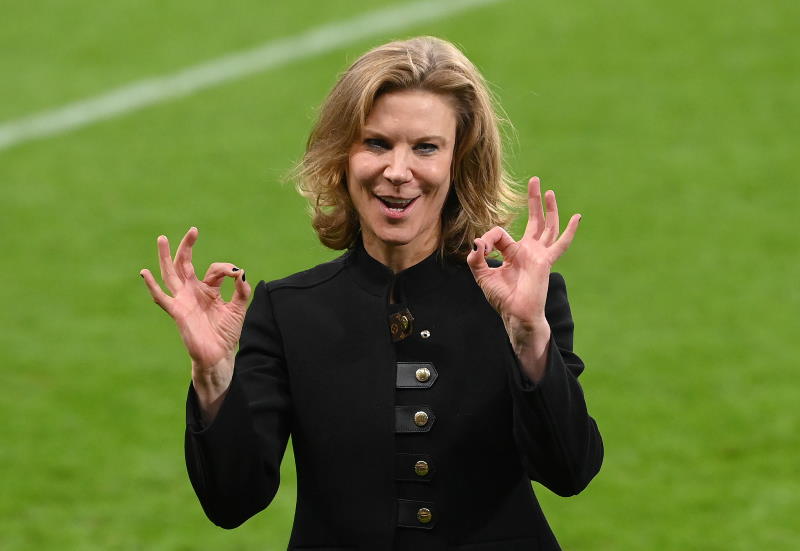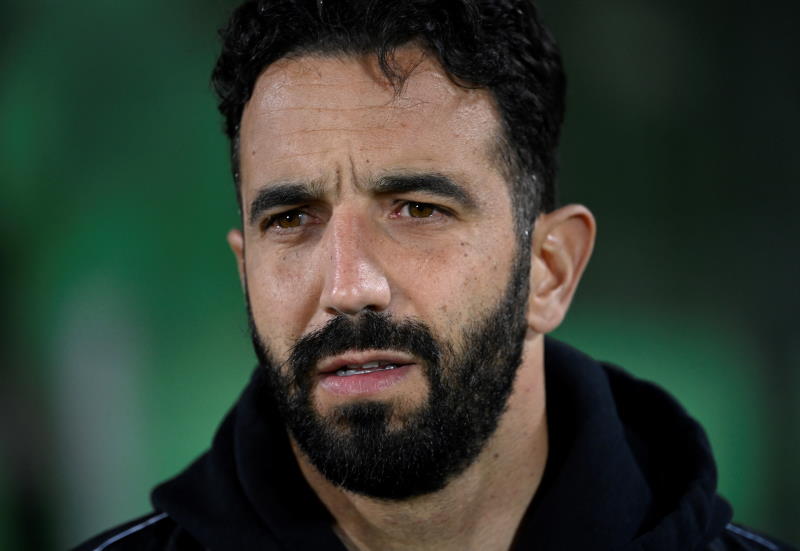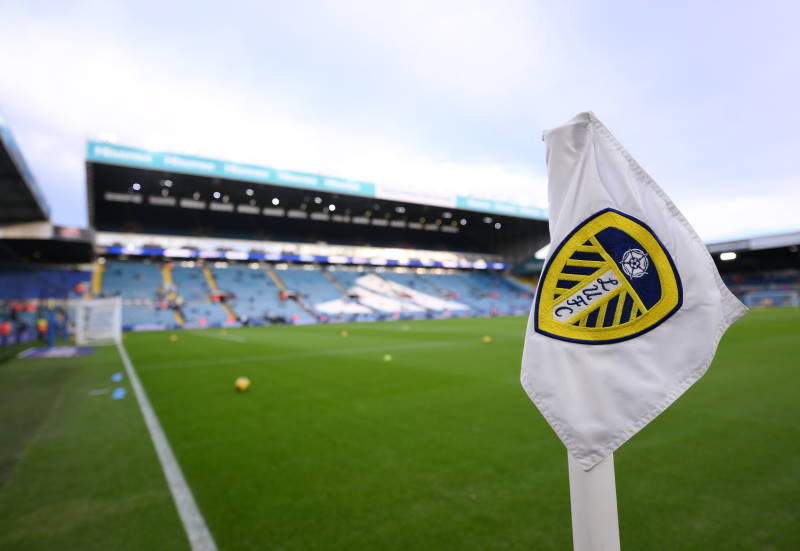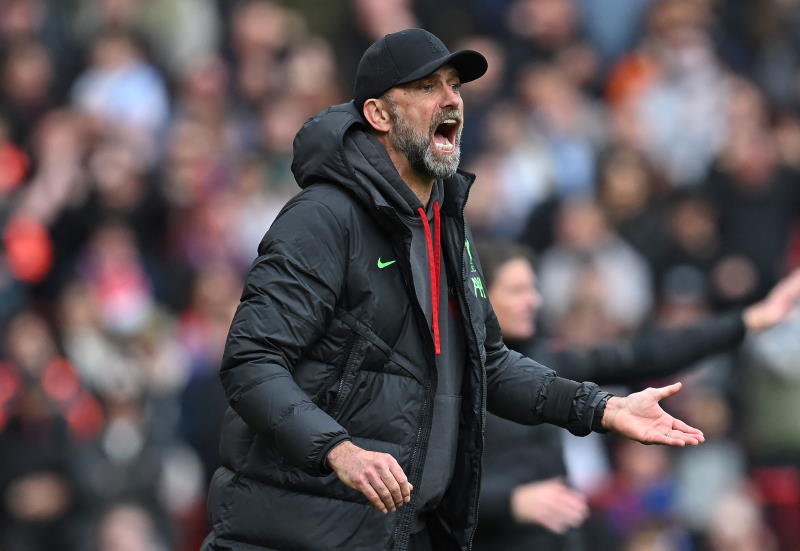
After an unsuccessful bid for the 2006 World Cup, the self-proclaimed home of football are hoping they can bring the world’s biggest sporting event back to England’s shores for the first time since 1966. The bid has been subject to controversy from the start. Internal politics and scandals, such as former FA chairman Lord Triesman’s allegations that the Spanish and Russian Football Federations were involved in bribery, have threatened to derail the proposal.
The FA were eager to submit a bid that represented the whole nation, and as a result a tender process was put in place for cities to put themselves forward with a view to them forming part of the bid. The main cities such as London, Birmingham, Liverpool, Manchester and Leeds were chosen, but there were some surprises with Plymouth, Bristol and Milton Keynes also added to the list. If England’s bid is successful then FIFA will make the final decision on which cities will be ‘hosts’.
The primary selling point of England’s bid is the country’s infrastructure and venues. England already possesses some of the best football stadiums in the world, with venues like Wembley Stadium, Old Trafford and the Emirates Stadium standing out. Many of the other stadiums listed in the proposal, such as Birmingham’s Villa Park and Leeds’ Elland Road, just require upgrading to meet FIFA’s criteria. There are only a handful of new venues proposed, thus ensuring that levels of investment to stage the tournament will remain relatively low. The country also boasts a transport network which is on a par with any other in the developed world.
FIFA’s recent interim report described England’s bid as ‘low risk’ highlighting stadiums, transport links, security and IT infrastructure as plus points. However, FIFA did note concern at the lack of hotels and training facilities suitable for teams participating in the finals, but overall the evaluation was positive.
Unfortunately for the FA, the bid has been damaged in recent weeks by newspaper allegations in the UK surrounding two FIFA committee members, Ados Adamu and Reynald Temaril, which alleged the duo were seeking cash in return for votes. Subsequently, FIFA’s ethics committee held an investigation and suspended the two members.
There is concern within the England camp that the revelations of the UK newspaper which broke the story – the Sunday Times – have significantly damaged England’s chances of success. And there could be more trouble on the horizon with the BBC planning to broadcast a Panorama investigation regarding FIFA in the week leading up to voting. The BBC’s decision has angered Andy Anson, the head of the FA’s bid team, who described the corporation as ‘unpatriotic’.
Despite this the FA haven’t given up hope yet. Some of the biggest names on planet football such as David Beckham and Franz Beckenbauer are backing the England bid. UK Prime Minister David Cameron, who is already in contact with FIFA vice-president Jack Warner leading up to the vote, and recently engaged FA President Prince William will travel to Zurich in the days before the final decision to lobby delegates on behalf of England’s bid.
England’s proposal has had an air of controversy surrounding it since the start, but despite the ‘off the field’ distractions there is no doubt the FA have submitted an excellent, low risk bid. It is now up to the England bid team to persuade those all important FIFA members in the final hours that the country’s time to host the World Cup has yet again arrived.

